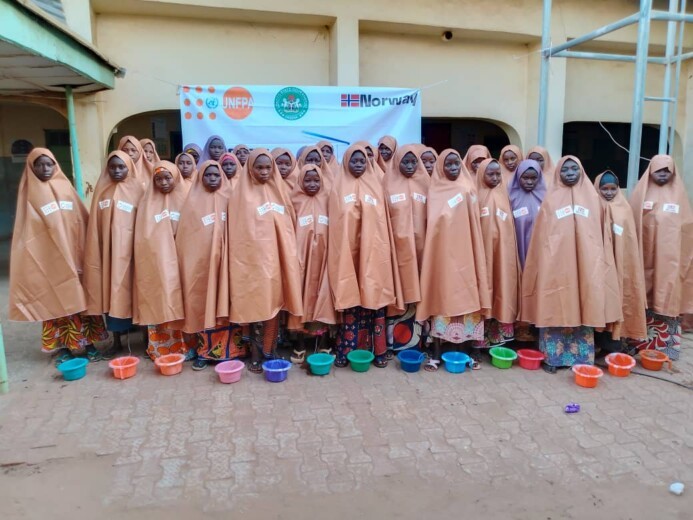The United Nations Population Fund (UNFPA) and Fistula Foundation of Nigeria (FFN), with support from the Norwegian government, have successfully conducted free surgeries for 45 Vesicovaginal Fistula (VVF) patients in Sokoto state.
According to Dr. Musa Isa, Executive Director of FFN, a team of experts led by Dr. Sa’ad Idris performed the surgeries at the Fistula Repair Center located at Maryam Abacha Women and Children Hospital in Sokoto.
“We targeted 50 patients for the exercise, which started on December 2 and ended on December 9,” Isa explained.
The patients, who came from different parts of the country, benefited from the free treatment, which aimed to bring succour to fistula patients.
READ ALSO:
Five killed, two decomposing bodies recovered in Ebonyi land war
Nigeria takes major Leap in Aviation Safety with Commissioning of Flight Data Centre
Renowned Social Critic, Reno Omokri, condemns cyberbullying of Afe Babalola
Isa commended the Federal and Sokoto State Governments, as well as UNFPA, for their support in making the program a success.
However, Mrs. Betty Amukpo, an officer from the Family Health Department in the Federal Ministry of Health, expressed concerns about the poor condition of the hospital environment and facilities.
“The hospital is too dirty and lacks basic infrastructure and equipment to make it habitable for specialized doctors to come for a similar exercise,” she said.
Dr. Sa’ad Idris, the Lead Surgeon, emphasized the need for holistic maternity care beyond free Cesarean Section (CS) to tackle cases of VVF.
“Eighty percent of women currently living with fistula are due to poor Cesarean Section and repeated surgical procedures,” he lamented.
Idris called for the expansion of the system to encompass free comprehensive maternity healthcare to reduce mortality rates. “Conducting safe CS is crucial, as cases of fistula resulting from poor CS are alarming,” he stressed.
The patients who benefited from the free surgeries expressed gratitude and hope to return to normal living after spending years facing various challenges. Unfortunately, doctors had to limit the number of surgeries to 45 due to the unavailability of bed spaces and standard equipment to cater to more patients.

